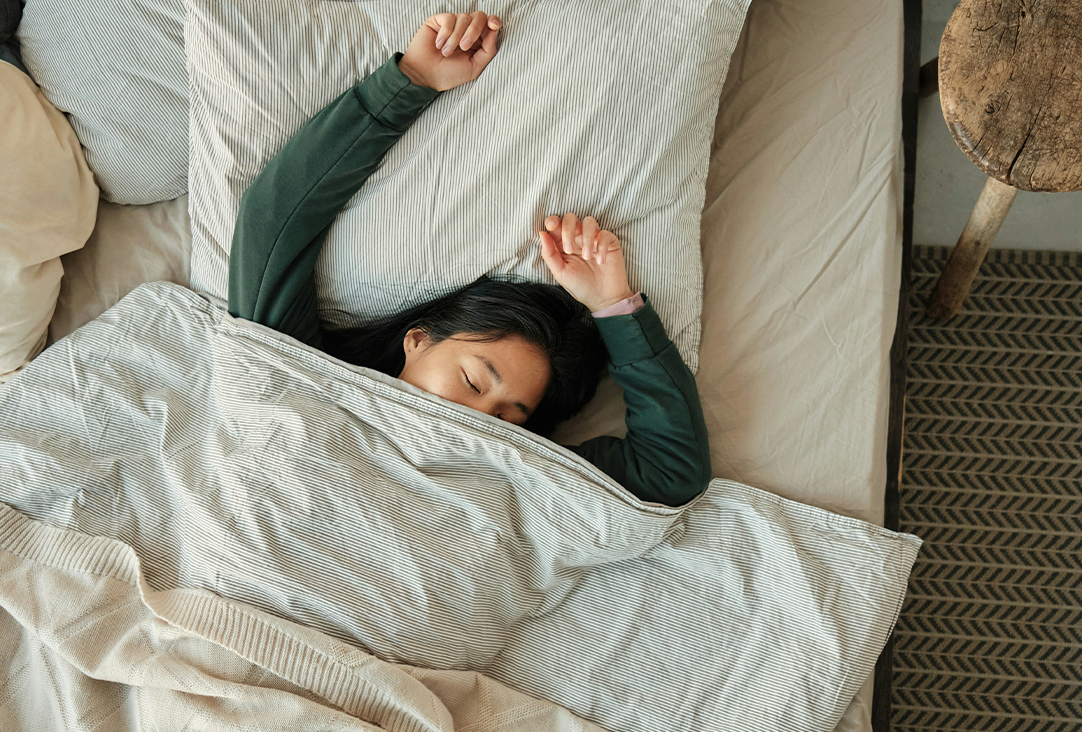Mindfulness Meditation Offers Real Pain Relief; Not a Placebo Mindfulness meditation, used for pain management in various cultures for centuries, has long been thought to work by activating the placebo response. However, a 2024 study from University of California San Diego School of Medicine researchers showed that this appears not to be the case: the practice engages separate neural pathways from the well-documented “placebo effect.”…





























































